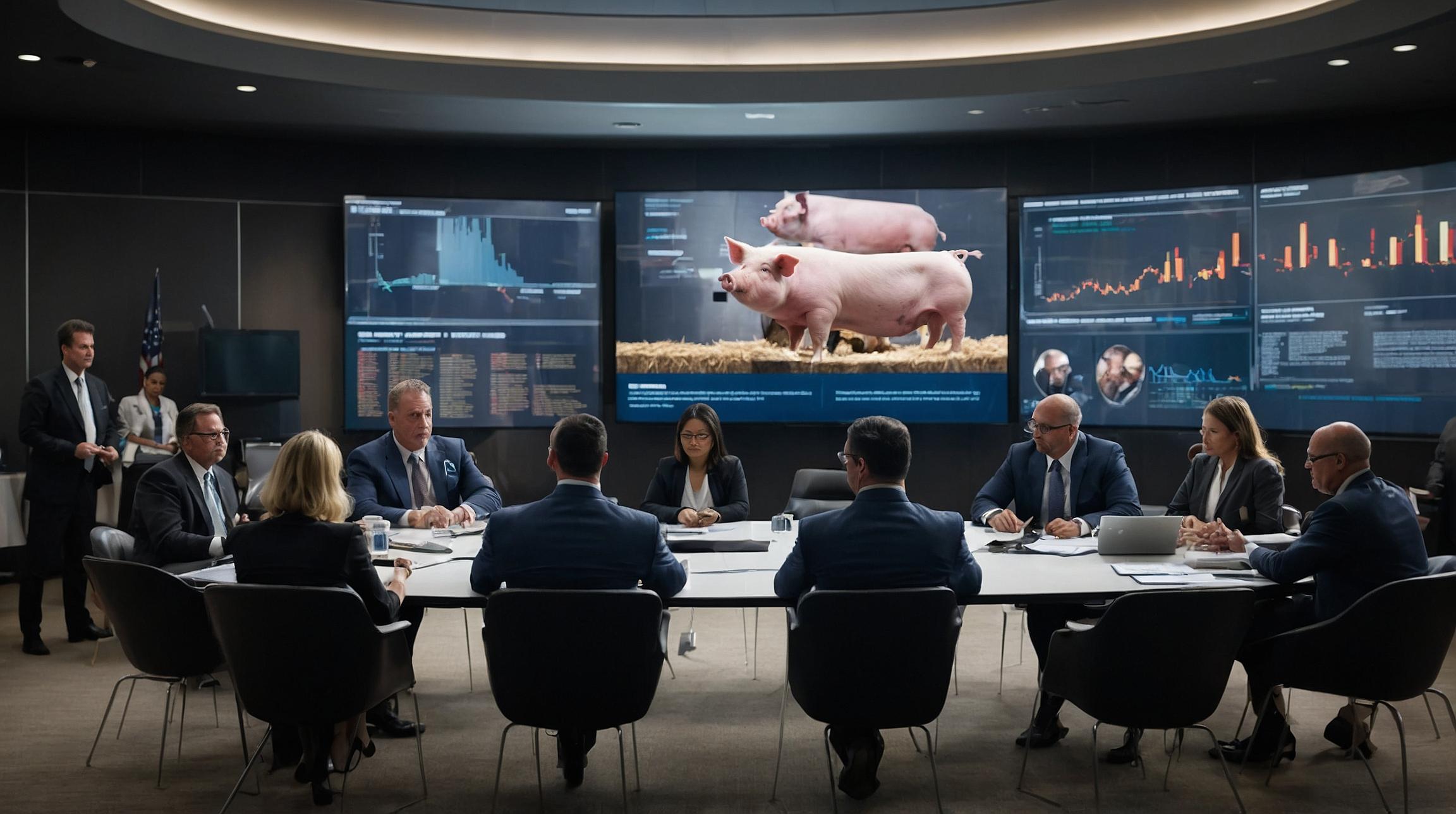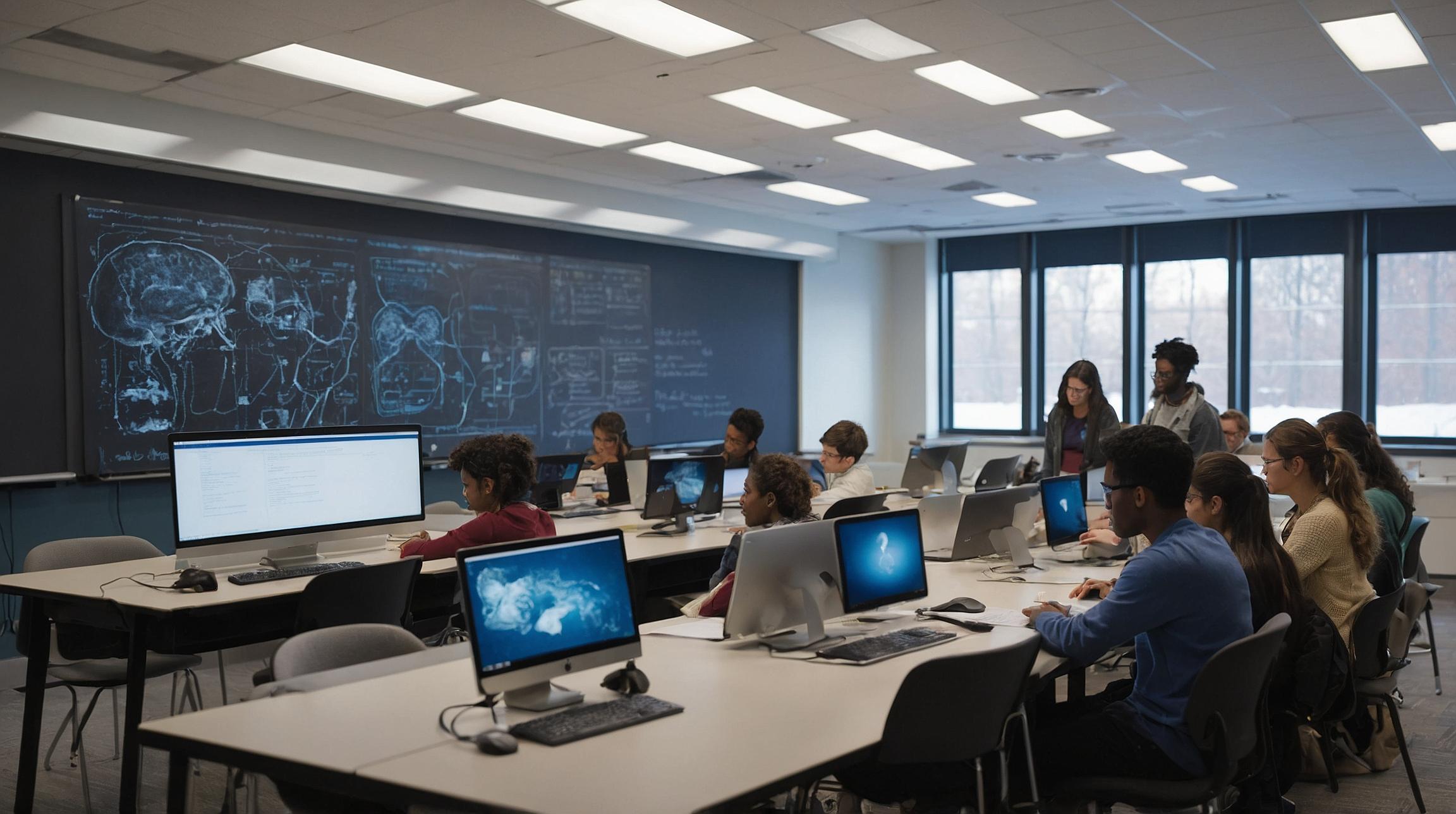The Impact of AI on the Job Market
As we approach the new decade, the impact of Artificial Intelligence (AI) on the job market becomes increasingly evident. With the potential loss of jobs to AI by 2030, the need for individuals, particularly managers, to adapt and develop new skills is crucial. AI and automation have taken over manual processes, reducing human intervention for numerous tasks and potentially replacing 300 million jobs worldwide. Over 75% of companies are looking to adopt AI technology in the next five years. This doesn’t mean that AI will completely replace human workers but it does indicate a significant shift in the nature of work. Routine tasks are being automated, leading to concerns about job displacement.
AI Revolutionizing HR: Streamlining Processes and Eliminating Bias
One of the industries that AI is revolutionizing is HR. AI tools like AI writing tools, applicant tracking systems, chatbots, and learning management systems are being used to automate vital aspects of HR management. These tools streamline the recruitment process, make onboarding seamless, accelerate the learning curve of employees, and provide real-time performance review. Furthermore, AI-generated analytics are top-tier and provide in-depth analysis of workforce dynamics, key performance indicators, and workflow improvements. Automation of HR activities has resulted in intelligent candidate selection and elimination of human bias.
Leadership in the Age of AI: Adapting Skills for the Future
The advent of AI in the workplace demands a new kind of leadership. Leaders must transition from ‘know-it-all’s to ‘learn-it-all’s’, as highlighted by Microsoft’s CEO Satya Nadella. Managers are required to adapt and develop new skills to effectively lead teams in an AI-powered environment. A successful leadership in the age of AI is one that fosters continuous learning, trust, and innovation. Managers should understand that AI and automation are tools designed to improve productivity and efficiency, and they should focus on leveraging these technologies to streamline operations, improve decision-making, and foster innovation.
Leading in the AI Era: Leveraging Technology and Fostering Innovation
So, how can managers hone their leadership skills for the AI era? First and foremost, they need to understand that AI and automation are tools designed to improve productivity and efficiency. Thus, they should focus on leveraging these technologies to streamline operations, improve decision-making, and foster innovation. Managers should also encourage their teams to embrace AI and automation, providing necessary training and resources to help them adapt to the changing work environment. Furthermore, leaders should foster a culture of continuous learning and innovation, encouraging employees to develop new skills and stay updated with the latest technological trends.
Navigating the AI-Driven Workplace: The Critical Role of Managers
As we navigate through the AI-driven workplace renaissance, the role of managers becomes even more critical. They must advocate for a supportive leadership approach that fosters continuous learning, trust, and innovation. Managers should take the lead in helping their teams adapt to the changes brought by AI and automation, providing necessary training and resources. In addition, they should ensure that employees have a clear understanding of the benefits and limitations of AI, and that they are equipped with the skills needed to effectively collaborate with AI-powered systems. By embracing and leveraging AI technology, managers can guide their teams through this transition, fostering a culture of trust, learning, and innovation.
Analyst comment
Positive news: The adoption of AI technology by over 75% of companies in the next five years indicates a significant shift in the nature of work and a potential increase in productivity and efficiency. However, concerns about job displacement and the need for individuals, particularly managers, to adapt and develop new skills are also highlighted. Overall, the market is expected to see a transformation in HR processes, leadership styles, and work culture, with a focus on continuous learning, trust, and innovation.













